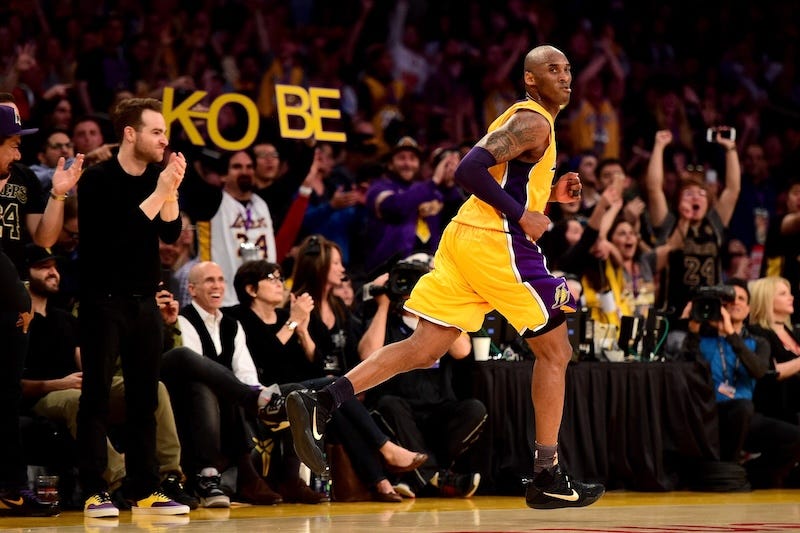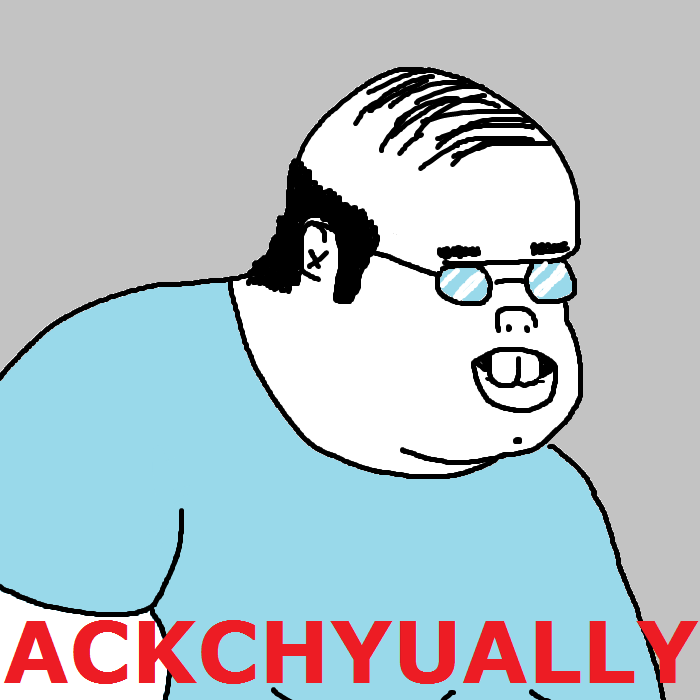One Shining Moment
MML & DSM
A post randomly came across my LinkedIn feed over the weekend that had gone viral1 about hero ball – not Kobe Bryant hero ball, but the practice of employees going to extraordinary lengths to save a project or a system.
According to the post, a “no-heroes” memo went around Google, which states that “when there is a system that takes too high a workload to be kept alive, let it fail. Don’t be a hero.” You let it fail and fix the root cause postmortem. Since LinkedIn is on the internet, it immediately devolved into ACKCHYUALLY contrarian hot takes in the replies, which largely missed the point. Obviously, this isn’t about life and death. I chuckled and kept scrolling.
But it did make me think of March Madness Live (MML), the app for the NCAA men’s basketball tournament that you are currently filling out a bracket for, and the biggest thing I worked on every year, taking up most of my time in Q1. And while no one dies if something catastrophic occurs, there was a non-trivial amount of money on the line that everyone is acutely aware of.
So, I reluctantly played hero ball. A lot of people on shared platform teams like me did as well. Repeatedly. Not by choice or in search of accolades (I’m quite lazy in my personal life and would much rather shut my laptop at 5 and play Xbox), but I can’t let things fail. In my 30s, this trait turned from an asset (I’m dedicated!) to a fault (I wish I had more free time to spend with my family). It’s hard to completely dismiss it, as I was promoted 3 times in 5 years. I hired other broken people like me, forging ahead until I completely burned out and snapped a decade in, committing to some semblance of work/life balance. A large part of my ability to do that was that I had surrounded myself with competent people I trusted, so I wasn’t in a position where I really had to sweat it as much.
The first MML after I left Turner, 3 months after my last day, there were some feelings of Stockholm syndrome2. Another year removed, its more akin to survivor guilt. Most of this was because of the great people, who you end up spending more time with than your family, and in my case, stuck in a windowless pit. I don’t remember Henry Hoyle’s bridge code anymore, and it sort of makes me sad, like another chapter in my life has ended.
I’ve come to believe that the only way “no-heroes” doctrine works is to actively cultivate it, from the top down. Which means – you can’t just let things fail in a company without that culture and expect everything to go well for you. Maybe no one holds it against you, maybe they do. Maybe true balance is achieved by not caring either way, but I can’t imagine it would have gone well for me if I intentionally let something with MML fail.
I try to walk away from every job with one big thing I learned. In my first coding gig out of college, that thing was: No one is going to come tap you on the shoulder and say, “you’re great, here’s your raise and promotion”. In other words, you must advocate for yourself, or you may end up on the pay-no-mind list. With Turner, I think the lesson is: take care of yourself, and finding balance is on you. At some point, it becomes your fault for continuing to play hero ball.
To all my Turner friends out there, or anyone working tentpole events: good luck, Godspeed, and hopefully there isn’t too much overtime.
Also, my favorite Muse song -



